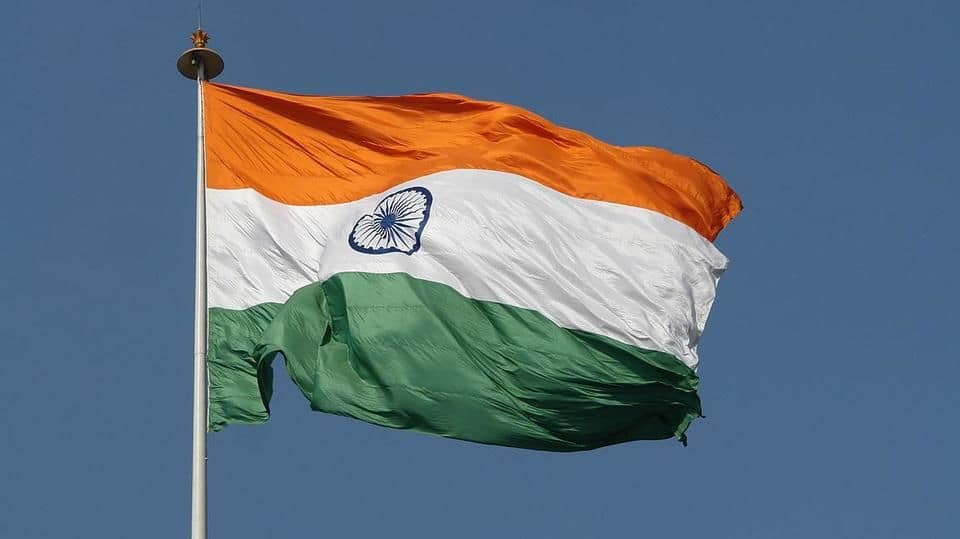
ICJ election: How India dislodged P5-member UK to win
What's the story
The re-election of India's candidate Dalveer Singh to the International Court of Justice (ICJ) was the result of New Delhi's biggest diplomatic offensives in recent times, the Times of India has reported.
The re-election campaign saw India knocking of Britain, one of the five (P5) permanent members of the UN Security Council (SC), off its perch.
We explain how Bhandari's victory came to be.
21 Nov 2017
Big win: India's nominee Dalveer Bhandari re-elected as ICJ judge
On November 21, India's nominee to the Hague-based International Court of Justice (ICJ), Dalveer Bhandari, won a landmark re-election bid after Britain withdrew its candidate from a long, deadlocked race.
Bhandari won 183 out of 193 votes in the UN General Assembly (UNGA) and all 15 votes at the Security Council (SC).
Bhandari's re-election can be seen as a victory for India's diplomacy.
Information
What context did this happen in?
Bhandari had gone head to head with Britain's nominee Sir Chris Greenwood in 11 rounds of voting at the UN for ICJ judgeship. A winning candidate must win both at the UNGA and SC. Bhandari kept winning in the GA and losing at the SC.
Diplomatic offensive
Swaraj launched diplomatic offensive along with top MEA officials
Indian External Affairs Minister Sushma Swaraj reportedly made around 60 calls to her counterparts across the world to boost the case for Bhandari's ICJ judgeship.
India's diplomatic outreach to other countries was coordinated meticulously by Foreign Secretary S. Jaishankar while Minister of State MJ Akbar also worked to gather support.
India's permanent representative to the UN, Syed Akbaruddin, also played an instrumental role.
Details
Did Britain shoot itself in the foot with "undemocratic" proposal
Bhandari's re-election bid was the first time that a non-SC member was pitted against the powerful P5 countries - US, UK, France, China and Russia - who all backed Britain's Greenwood.
Britain had proposed the joint conference mechanism to stall voting and break the deadlock, a move some P5 countries considered "undemocratic."
Britain withdrew its candidate after losing support from some P5 countries.
Significance
India's ICJ victory signals P5's dominance can be breached
Traditionally, the seat distribution for judges at the ICJ has mirrored the composition of the P5.
In many ways, Bhandari's re-election is crucial as it's the first time a non-SC member has triumphed over the undisputed supremacy of the P5 at the ICJ.
It could also greatly boost India's own campaign for permanent membership into the SC.